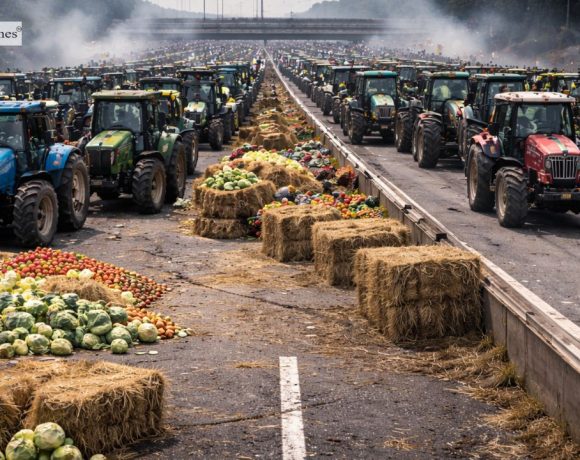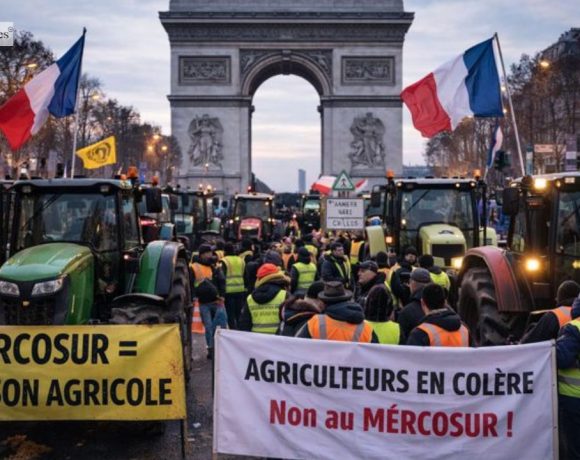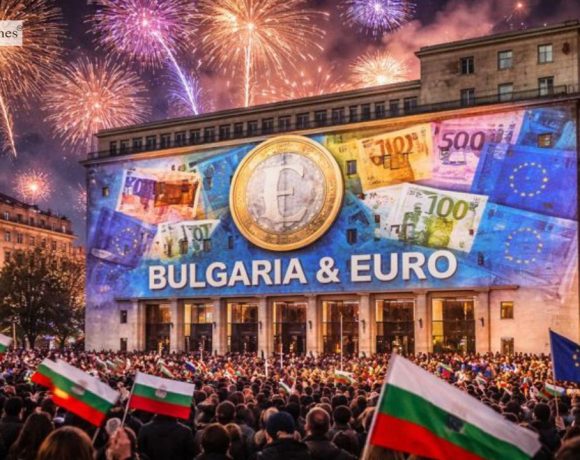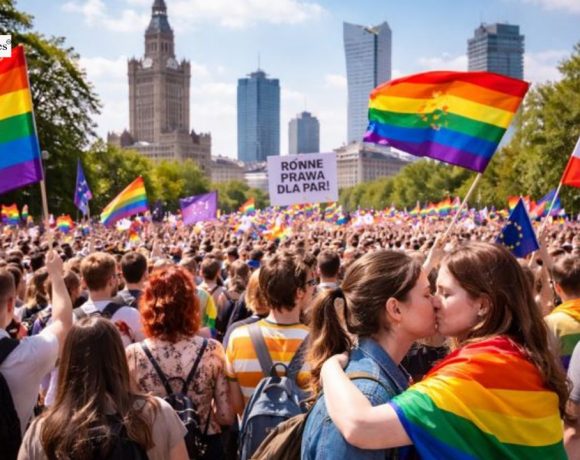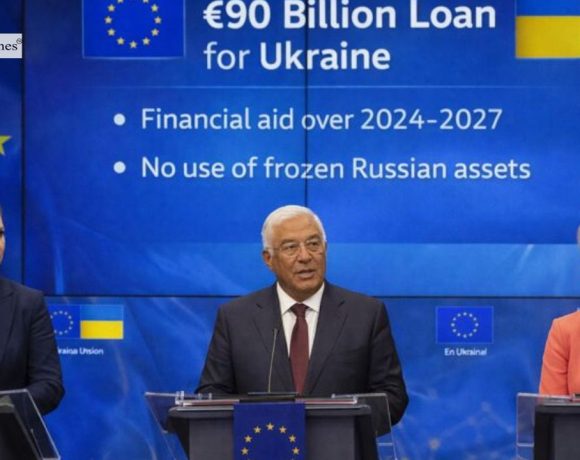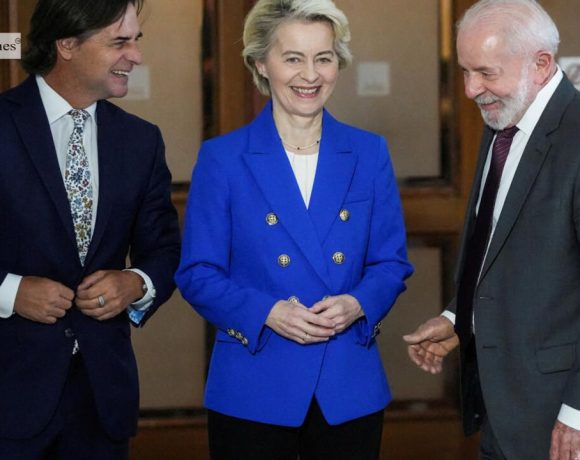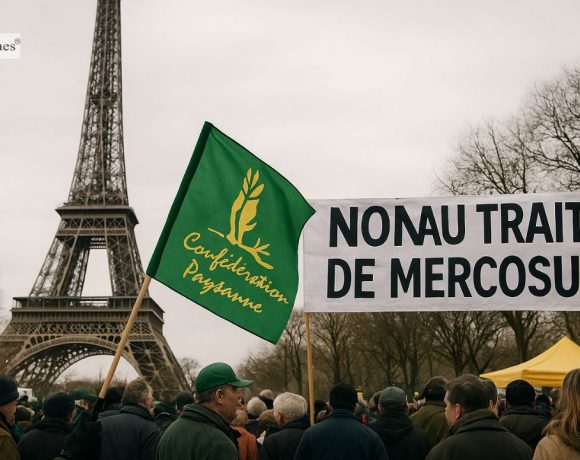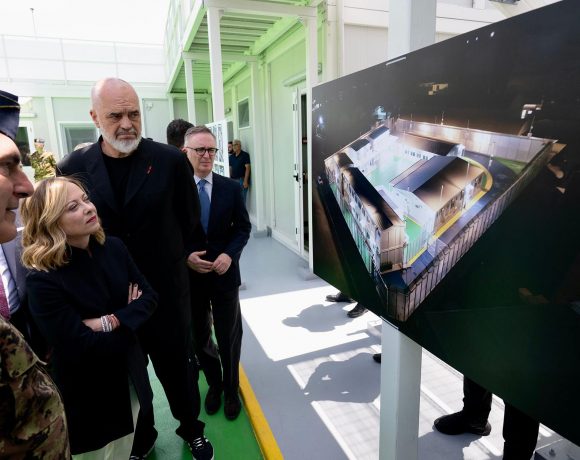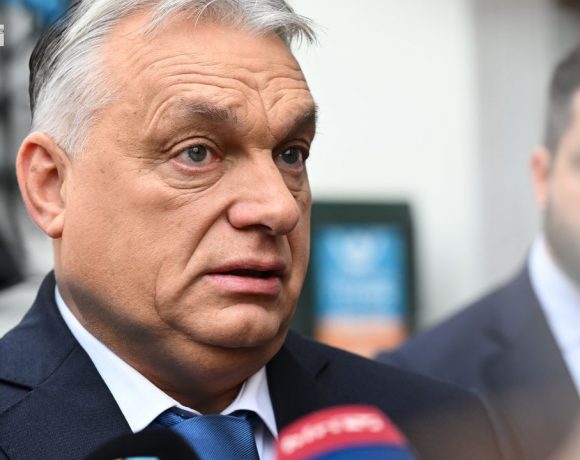
Hungary’s nationalist Prime Minister Viktor Orban will face his strongest electoral challenge in 16 years when the country holds parliamentary elections on April 12. The vote is being closely watched across Europe, as Orban has been a key figure among far-right leaders and maintains close ties with U.S. President Donald Trump and Russia despite the Ukraine war.
Orban, who has ruled since 2010, has reshaped Hungary into what he calls an “illiberal democracy,” often clashing with the European Union over media freedom, migration and LGBTQ rights. His Fidesz party is campaigning on stability and security, promising to keep Hungary out of the Ukraine conflict and stop illegal migration, while also trying to revive an economy hit by high inflation and a cost-of-living crisis.
Challenging him is Peter Magyar, a former government insider whose Tisza party has surged since entering politics in 2024. Recent polls show Magyar ahead among decided voters, as he campaigns on fighting corruption, restoring EU ties and unlocking frozen European funds to boost the economy. With many voters still undecided, the election outcome remains uncertain and could reshape Hungary’s role in Europe.
Pic courtesy: google/ images are subject to copyright

